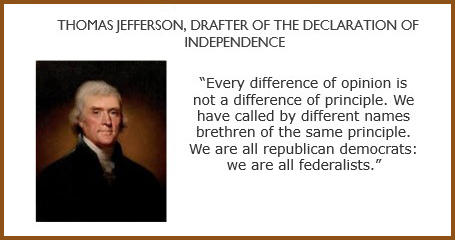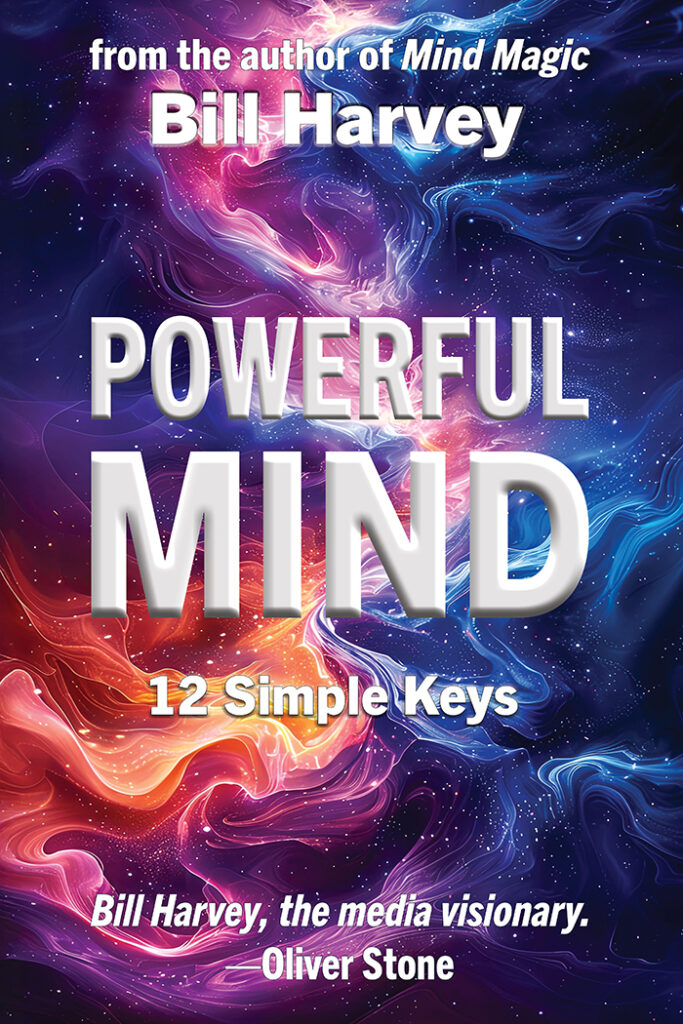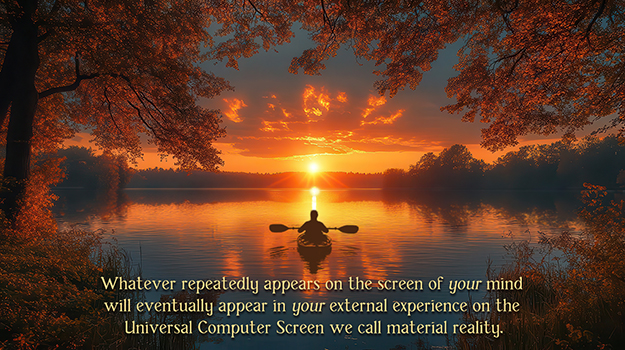Welcome to this week’s Bill Harvey Blog
Created February 13, 2026

This July 4th is the 250th Anniversary of the Declaration of Independence. The USA has been around for a quarter of a millennium. The longest running Noble Experiment in Self Rule by The People. Often referred to in the past as the Greatest Hope For The World.
And yet these are among our darkest hours, on a par with the Civil War, the War of Independence, and the early days of WWII, when we were not sure we could win it. Another one of those times when the continued existence of the USA as conceived by The Founders is not guaranteed.
We have not had many of these existential threat periods in our history. Only a few of us alive today were there the last time this happened, which was the dark period between December 7, 1941 (Pearl Harbor) and February 2, 1943 (the battle of Stalingrad). The Allied victories at El Alamein and the battle of Midway, followed by Stalingrad, turned the tide and made us feel certain we were going to win, surely at terrible cost in lives.
We are back in one of those situations again, perhaps the worst of all, because we are internally at war with ourselves, as in the Civil War. But this time it seems to go much deeper than in the Union vs. Confederacy war. Is it because of the mind-bending media we now have, which are being used intentionally and unintentionally to divide us? The race issue is still a part of it, but now there appear to be many more issues which divide us. Is one key difference between the Civil War and today’s internal polarization that we now face a horde of irreconcilable issues?
I wonder. It’s conceivable that we are closer together than we realize on a great many (not all) issues. What puts the venom in the situation is the divided loyalties caused by the existence of two teams that have always been rivals, and that rivalry in recent decades has become increasingly bitter (see quote from George Washington at the top of this article).
If We The People still want to rule ourselves, and if we are dissatisfied with both political parties to some extent, can we set aside the teams for a while and just talk amongst ourselves about the issues? (Thanks to Bob DeSena for his ongoing emphasis on issues, without which I might not have gotten this idea.)
But let’s not look at that one idea as a panacea. It’s likely that even when discussing the issues, there will be a tendency to flare up when it becomes evident that one’s party has a very different vision on that issue than the other party. It will be difficult for people to be able to separate party loyalties from the issues. In higher states of consciousness (Observer state and Flow state), one can perform this trick, but in the default network state of Emergency Oversimplification Procedure (EOP), automatic reactions will follow ingrained patterns.
So what can we do to bring us all back together again?
It’s still worth thinking creatively about issues, and sharing any innovative ideas in social media, with your government representatives, and with your friends, family, and acquaintances. Good ideas tend to bubble up in the zeitgeist. Don’t look for getting credit for your good ideas, spread them unselfishly for the good they may do, and be satisfied if they get a public hearing, even though no one remembers it was your idea.
The political discourse has, in my lifetime, been plagued by a paucity of creative new ideas. It always seems to be the same old ideas recirculated again and again. People want a change from that.
There is something else we can all do, which will have a positive effect even though it may sound like magical thinking.
Imagine the two warring sides gradually, like a giant zipper that has been unable to zip closed, finally slowly closing, one click at a time, as the two sides see ways to agree on one little thing at a time. Picture how it might happen. Two people discussing one of our many problems and somehow, between them, converging on common ground solutions that have never been tried or even thought of before.
Outside of politics, these Aha moments happen every day. People are more creative than ever before. Thirty million Americans are now Creators; everyone is writing books, blogs, doing podcasts, and we are more creative now than ever before. Let’s bring politics into the creativity game. It doesn’t have to be a sad show forever. It wasn’t a sad show to be a patriotic American for a quarter of a millennium. It has only been sad for a little while, and we are feeling like there is no light at the end of the tunnel. That feeling itself can be a self-fulfilling prophecy. Undo that feeling.
Here’s what some of our Presidents said about these subjects, worth remembering in honor of Presidents’ Day:
John Adams, the second President of the USA:
“The happiness of society is the end [goal] of government.”
“There is danger from all men. The only maxim of a free government ought to be to trust no man living with power to endanger the public liberty.”
James Madison:
“The Constitution is the guide which I will never abandon.”
James Monroe:
“The best form of government is that which is most likely to prevent the greatest sum of evil.”
“A free, virtuous, and enlightened people must know full well the great principles and causes upon which their happiness depends.”
“National honor is national property of the highest value.”
John Quincy Adams:
“If your actions inspire others to dream more, learn more, do more and become more, you are a leader.”
“’Courage and perseverance have a magical talisman, before which difficulties disappear and obstacles vanish into air.”
Andrew Jackson:
“Every good citizen makes his country’s honor his own, and cherishes it not only as precious but as sacred.”
“As long as our government is administered for the good of the people… it will be worth defending.”
“Any man worth his salt will stick up for what he believes right, but it takes a slightly better man to acknowledge instantly and without reservation that he is in error.”
Abraham Lincoln:
“The struggle of today is not altogether for today – it is for a vast future also.”
“It is for us the living, rather, to be dedicated here to the unfinished work which they who fought here have thus so far nobly advanced.”
“With malice towards none, with charity for all… let us strive on to finish the work we are in.”

Love to all,
![]()
POWERFUL MIND 12 Simple Keys
available February 16




